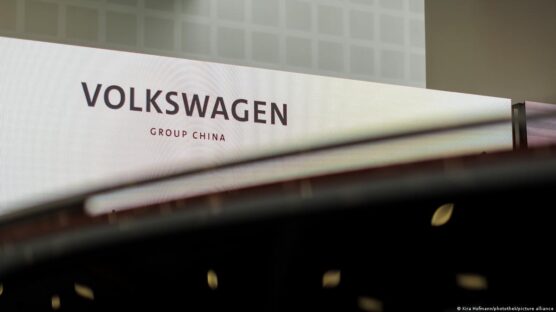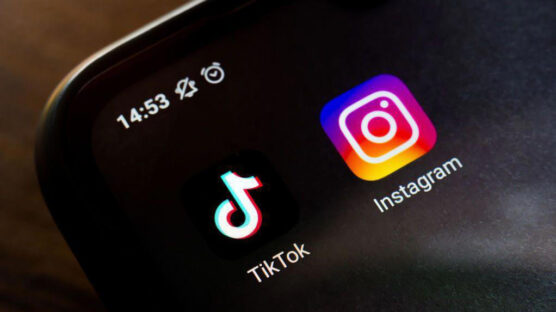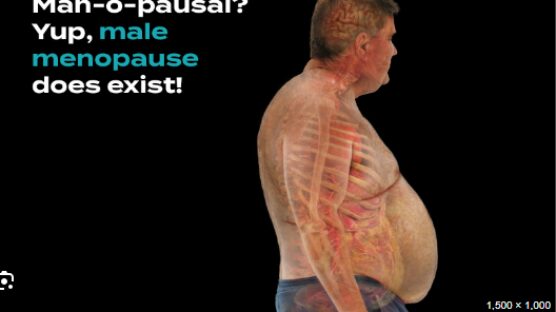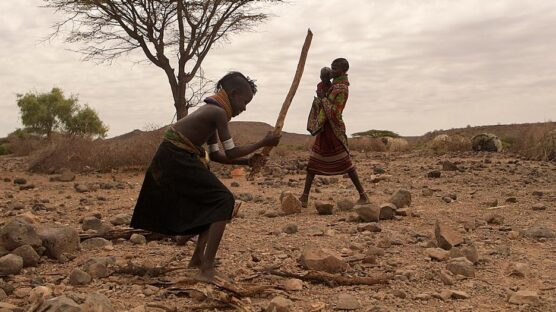Scientists are racing to eliminate the world’s fastest spreading tropical disease
By Bloomberg
02 September 2019 |
12:12 pm
Dengue is the fastest spreading tropical disease, with 40% of the world’s population is currently at risk. Transmitted by mosquitoes, so far there’s been little progress in fighting back. One organization is using a naturally occurring bacteria to inoculate mosquitoes and has plans to eradicate the disease.
In this article
Related
Related
13 Apr
Volkswagen will expand its production and research facilities in Anhui province as the German automaker looks to reclaim its title as China's top-selling car brand.
14 Apr
TikTok is seemingly developing a photo-sharing app like Instagram.
17 Apr
With Nigeria’s key lending rate at 24.75 per cent, developers in Nigeria’s real estate sector say the rate is fast impacting the growth of the industry. How are developers adapting to market shifts and new opportunities amid these challenges? Ayoolanrewaju Kuyebi, the MD and CEO GMH Luxury joins CNBC Africa for this discussion.
17 Apr
In Nigeria, a pharmacist's club create awareness about andropause. They de-stigmatizes andropause and advocates regularly healthy checks.
21 Apr
Australian scientists say the Great Barrier Reef – the world's largest coral reef, stretching over 2,300 kilometres along the country's northeastern coast – is undergoing its seventh "mass bleaching" event since 1998. This comes after they conducted aerial surveys of more than 300 shallow reef. Faced with climate change, coral reefs are the most vulnerable ecosystems in the world. But various techniques are being experimented to restore them
3 days ago
The world of work is undergoing a rapid transformation, constantly reshaping how we think about work, careers, and success. The rise of remote work, the increasing importance of skills over degrees and of course, the impact of artificial intelligence and automation has all led to what we now call the new work era.
Latest
3 mins ago
Some 16,700 Filipino and US troops began annual joint military exercises in the Philippines on Monday, amid tensions with China over Beijing's growing assertiveness in the region.
32 mins ago
Chinese President Xi Jinping said the US and China should be "partners, not rivals," as a series of issues, including Chinese aid for Russia in its war against Ukraine, continue to separate the countries.
32 mins ago
In India's 2024 election, half of the registered voters are women. Yet only a small percentage of them are running for office. In this video, we explore why are there so few female politicians.
3 hours ago
El Nino is causing extreme weather events in East Africa and a crippling drought in the south of the continent. Experts say immediate action is needed to tackle famine and displacements.
3 hours ago
Tino Chrupalla, co-chair of Germany's far-right populist Alternative for Germany (AfD) party was the main guest in a Sunday evening political TV show on public channel ARD on Sunday. He got plenty of space to present himself as friendly and well-meaning, denying any knowledge of leading AfD politicians being on Russia's payroll, of racism and misogyny in his own party.
×

Get the latest news delivered straight to your inbox every day of the week. Stay informed with the Guardian’s leading coverage of Nigerian and world news, business, technology and sports.


















0 Comments
We will review and take appropriate action.